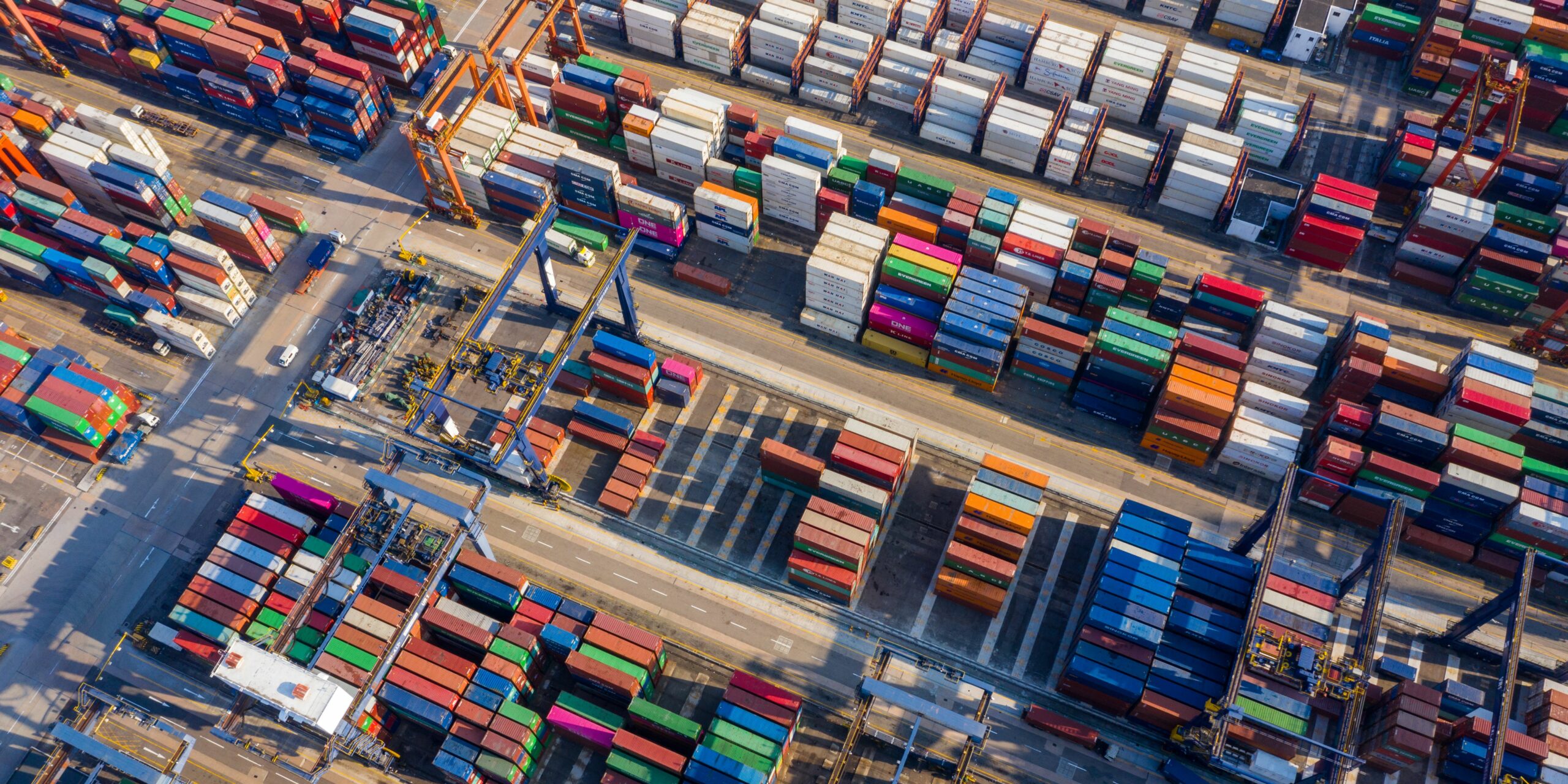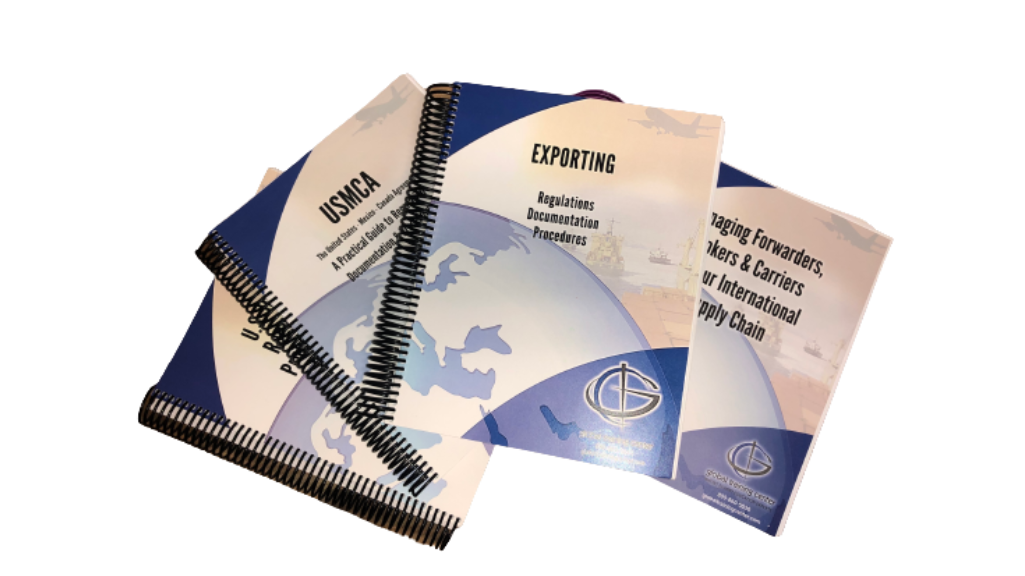An Overview of the IPEF Supply Chain Agreement
An Overview of the IPEF Supply Chain Agreement. In a world where supply chain disruptions have become more frequent and impactful, countries are recognizing the need to enhance the resiliency and efficiency with supply chains. The Indo-Pacific Economic Framework for Prosperity (IPEF) supply chain agreement aims to address this challenge. Set to go into effect later this month, the agreement brings together countries that heavily trade on Pacific Ocean routes. In this blog, we will explore the key provisions and milestones of the IPEF agreement and its potential impact on the region’s supply chains.
The IPEF Supply Chain Agreement:
The IPEF supply chain agreement, signed in November by partnering countries including the United States, Australia, Japan, and others, seeks to establish resilient, efficient, and inclusive supply chains. Its comprehensive objectives include improving data sharing, encouraging warehousing near ports, mitigating logistical bottlenecks and disruptions, and fostering collaboration among member countries on policy best practices.
Collaborative Bodies:
The agreement introduces three new collaborative bodies to drive cooperation and facilitate effective supply chain management. The Supply Chain Council, consisting of government officials from member countries, is tasked with developing policies and recommendations to enhance trade in critical sectors and key goods. Its focus ranges from promoting sustainability and transparency to boosting workforce skills and port connections.
The Supply Chain Crisis Response Network aims to facilitate communication and coordinated responses among member countries during times of supply chain disruptions. This body will develop stress tests and preparedness practices to enhance resilience in the face of challenges.
The Labor Rights Advisory Board focuses on promoting labor rights in supply chains among member countries. Through business advisories, best practice guides, and other measures, the board seeks to ensure that labor issues are adequately addressed and that workers’ rights are respected throughout the supply chain.
Milestones and Action Plan:
As the agreement goes into effect, member countries have specific milestones to meet. These include identifying representatives to the three supply chain bodies, selecting chairs for each body, adopting terms of reference, and developing guidelines for reporting mechanisms on labor rights issues. These milestones will promote cooperation, information sharing, and the implementation of policies and actions that strengthen supply chains in the region.
The Biden Administration’s Endorsement:
The IPEF supply chain agreement aligns with President Joe Biden’s trade report, which hailed it as a “21st-century framework designed to tackle 21st-century challenges and opportunities.” The Biden administration views labor issues as crucial in international trade and sees the IPEF framework as a vehicle for advancing labor rights in supply chains. Additionally, the administration believes that by strengthening economic engagement in the Indo-Pacific region, American workers and businesses can enhance their global competitiveness.
Conclusion:
The Indo-Pacific Economic Framework for Prosperity supply chain agreement presents a significant opportunity for member countries to collaborate and strengthen supply chains in the region. By focusing on resiliency, sustainability, transparency, and labor rights, the agreement seeks to address the challenges faced by modern supply chains. As the agreement goes into effect, the implementation of its objectives, milestones, and action plans will determine the extent of its impact. Ultimately, the IPEF supply chain agreement paves the way for more robust and efficient supply chains in the Indo-Pacific, fostering greater economic prosperity and stability for member countries and contributing to global trade resilience.
Source: https://www.supplychaindive.com/news/indo-pacific-IPEF-supply-chain-agreement-February-2024/706674/












